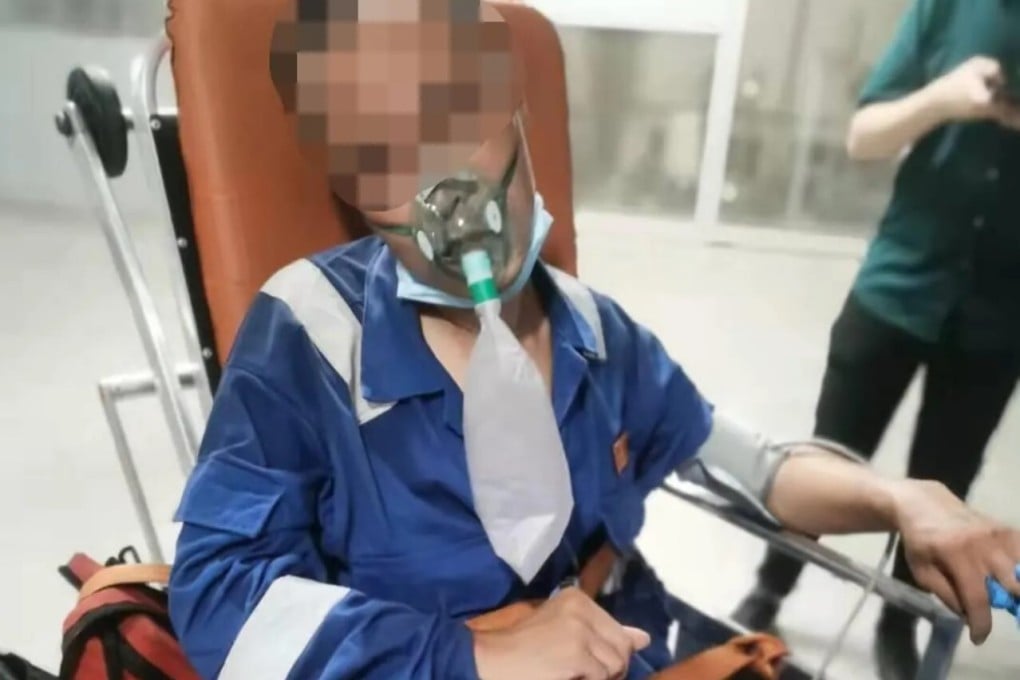Aid floods in for Chinese workers alleging neglect in Singapore dormitory hit by Covid-19
- The Chinese diaspora and embassy in Singapore are pitching in to help workers grappling with poor living conditions after being alerted to their plight by a viral post on WeChat
- At one point, riot police were called to the dorm. The Chinese embassy now says it is closely monitoring the situation and local authorities are ‘working hard to resolve the workers’ demands’

Local media said disquiet in the dormitory in Singapore’s largely industrial Jurong district reached a tipping point on Wednesday, with armoured riot police called in at one point as a precautionary measure.
The Singapore Police Force declined to comment.
Singapore’s Ministry of Manpower meanwhile said its officers had been deployed to the site to investigate.
“Preliminary investigations found that there were indeed some delays in conveyancing workers who tested positive for Covid-19 from their rooms to a care or recovery facility,” the ministry said.
The WeChat post, by an account that frequently posts Singapore-centric news, on Tuesday said about a quarter of the Westlite Jalan Tukang dormitory’s 2,000 residents had tested positive for Covid-19.